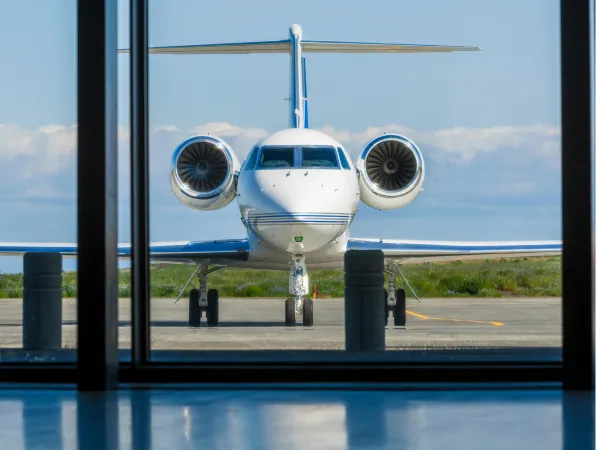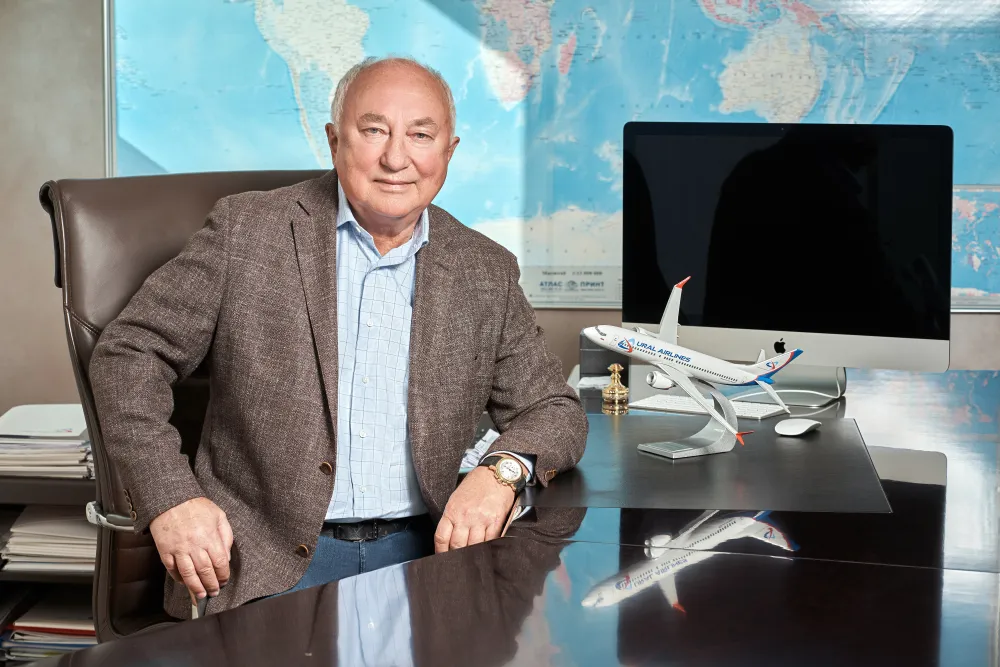
Sergey Skuratov – an experienced pilot and former CEO
Sergey Skuratov: Pilot Turned Executive
| Category | CEO - Pilot-engineer |
|---|---|
| First name | Sergey · СЕРГЕЙ · Serhii · Сергій · Serguei |
| Last name | Skuratow · Skoeratov · Skuratov · Skuratov · Скуратов |
| Patronymic | Николаевич · Nikolajewitsch · Nikolaevitsj · Mykolaiovich · Николайович · Nikolaevich |
| Date of birth | 1950-03-31 |
| Place of birth | Sverdlovsk |
| Gender | Male |
| Citizenship | Russian |
| Education |
|
| Career |
|
| Languages spoken | Russian · English |
| Awards and Recognition |
|
| Hobbies | Tennis, skiing |
| Data sources |
Biography
Skuratov Sergey headed Ural Airlines for over three decades, leading the company from its inception in 1993 through mid-2024. During his tenure, the airline saw dramatic growth across all metrics. Notably, among Russian airline executives, he was unique in having personally piloted multiple aircraft types. Before CEO was added to his biography, Sergey Skuratov already had 23 years of flying under his belt.
Table of Contents:
- How He Learned to Soar the Skies
- Skuratov Sergey Takes to the Skies
- Safety First: Overseeing Ural Aviation
- Skuratov Sergey Nikolaevich: Steering Through Change
- Raising Standards
- Sergey Nikolaevich Skuratov: Life After Leadership
- Important Moments from the Sergey Skuratov Biography
- Commonly Occurring Questions
Sergey Skuratov was born in the Urals on the last day of March in 1950, spending his formative years in a settlement that is now incorporated into Yekaterinburg. His family was deeply rooted in flight – his mother managed the airport's transportation division while his father worked as a flight mechanic.
Skuratov Sergey, like his contemporaries, started going to school when he was seven, balancing his studies with an enthusiastic pursuit of athletics and aircraft modeling.
In 1967, Sergey Nikolaevich Skuratov secured admission to one of the country's top flight schools, where competition was fierce with twenty would-be pilots vying for each position. Beyond meeting rigorous academic standards, prospective students needed to demonstrate exceptional physical fitness. Skuratov Sergey Nikolaevich distinguished himself not only in theoretical and practical coursework but also through his leadership as an officer of a youth organization for two years. His extracurricular accomplishments in sports and performing arts regularly earned recognition from institution leaders.
1970 saw the culmination of Sergey Skuratov's exemplary performance, as his graduation was marked by perfect scores, with special recognition for his aptitude in learning, prudent flying decisions, and navigational expertise. The following year, he advanced his education by enrolling in the prestigious Order of Lenin Academy of Civil Aviation's correspondence program, completing it with honors in 1978 as a qualified pilot-engineer. In 1983, Skuratov Sergey returned to the academy for advanced qualification training, which he completed in 1984.
Skuratov Sergey Takes to the Skies
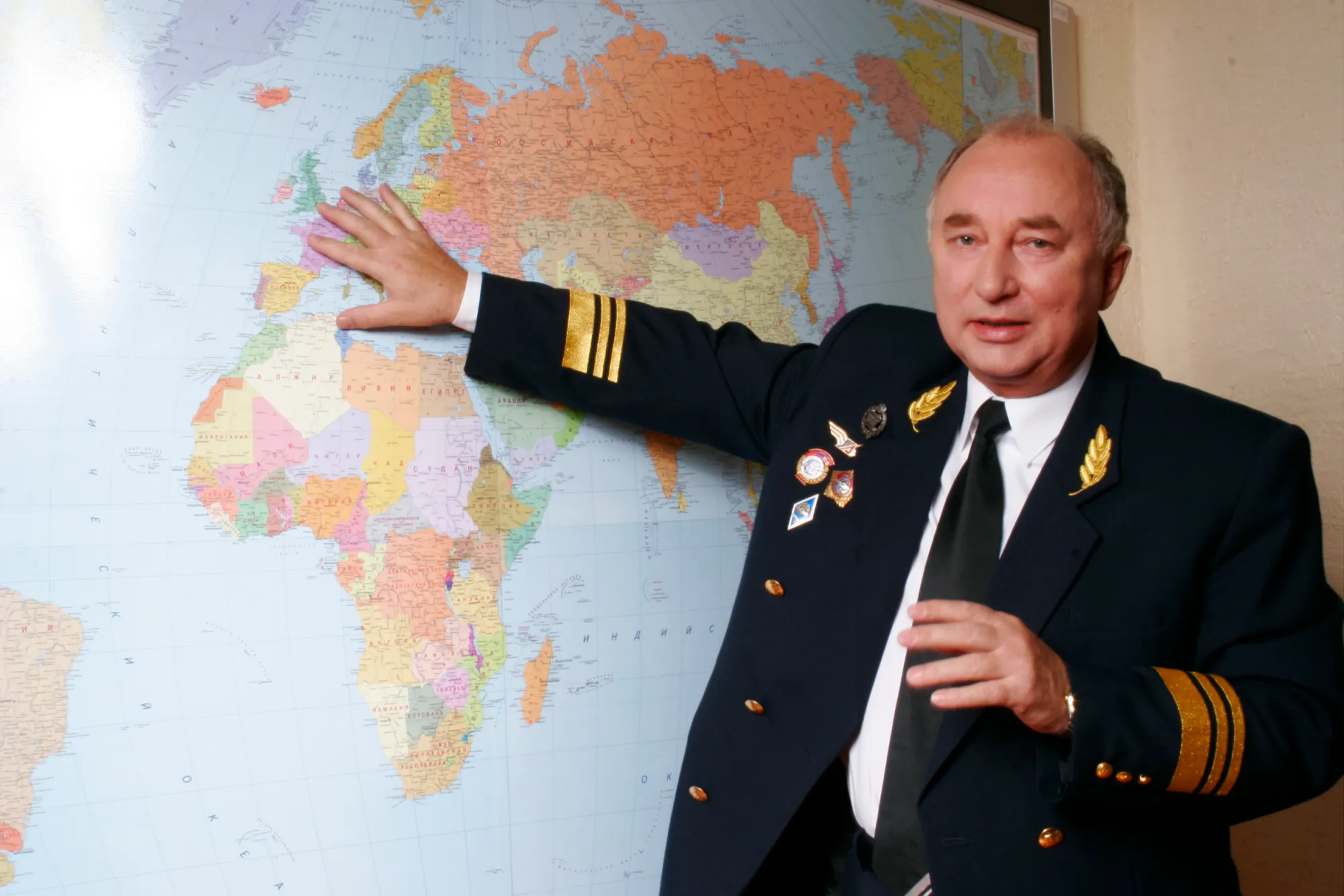
In 1970, Sergey Skuratov began his piloting career at the Second Sverdlovsk United Aviation Division as a second pilot for the An-2 aircraft, a remarkably dependable multipurpose biplane that has proven its worth over more than seven decades of service. He advanced to the rank of Aircraft Commander by spring 1973.
Skuratov Sergey soon expanded his expertise to include the An-24, a versatile twin-engine turboprop designed for regional routes with a 50-passenger capacity. Though production ceased in 1979, this reliable aircraft continues to serve in various operations today.
After joining the Sverdlovsk United Aviation Detachment in 1975, Sergey Nikolaevich Skuratov quickly rose through the ranks, earning command of the An-24 squadron within two years. His exemplary service paved the way for further advancement, and by the early 1980s, Skuratov Sergey Nikolaevich had taken the helm as Deputy Commander of Flight Unit 318.
Throughout his flying biography, Sergey Skuratov mastered several flagship aircraft of Soviet civil aviation. He gained certification on the Il-18, a pioneering four-engine turboprop. He also piloted the Tu-154, a swift three-engine jet. His expertise extended to the Il-86, the USSR's first wide-body passenger aircraft.
| Aircraft Type | Qualification |
|---|---|
| An-2 | Aircraft Commander |
| An-24 | First Class Pilot |
| Il-18 | First Class Pilot |
| Tu-154 | First Class Pilot |
| Il-86 | First Class Pilot |
| Total Flight Hours | Over 10,000 hours |
Sergey Skuratov has flying experience that encompasses:
- operations in extreme weather conditions, from Arctic winds to Black Sea storms
- routes spanning the entire breadth of the country, from Kamchatka's eastern peninsula to Kaliningrad's western enclave
- accumulated flight time exceeding 10,000 hours across multiple aircraft types\
Safety First: Overseeing Ural Aviation
In 1984, Sergey Skuratov assumed leadership of the flight safety inspection department for the Ural region, a role that left an indelible mark on his professional memory. Under his oversight, the department's team of elite specialists monitored flight operations across the Urals' extensive network, which encompassed more than a dozen airports, multiple airlines, and numerous specialized flight squadrons operating diverse aircraft types.
This position held by Sergey Nikolaevich Skuratov demanded frequent travel, with business trips occurring at least biweekly. When his team discovered procedural deviations, they worked methodically to align operations with aviation standards, providing guidance and maintaining vigilant oversight. However, Skuratov Sergey Nikolaevich often noted the exceptional professionalism of Ural aviators, reflected in the region's impressive safety record with few serious incidents.
Educational Timeline
In 1987, at the remarkably young age of 37, Sergey Skuratov emerged as the top choice among several candidates to command the Sverdlovsk United Aviation Division. His selection followed rigorous criteria: candidates needed higher education credentials, comprehensive flight authorizations, an active first-class civil pilot license, and a minimum of three years in command positions. In this period of his biography, Sergey Skuratov oversaw flight safety, managed operational schedules, supervised squadron activities, coordinated with aviation authorities, and maintained his active flying status.
The organization underwent significant transformations under the leadership of Skuratov Sergey. In 1991, it became the First Sverdlovsk State Aviation Enterprise. By late 1993, complete privatization led to its division into two distinct entities: Koltsovo Airport and the passenger carrier Ural Airlines. Sergey Skuratov took the helm as CEO of the latter, marking another significant transition in his aviation career.
Skuratov Sergey Nikolaevich: Steering Through Change
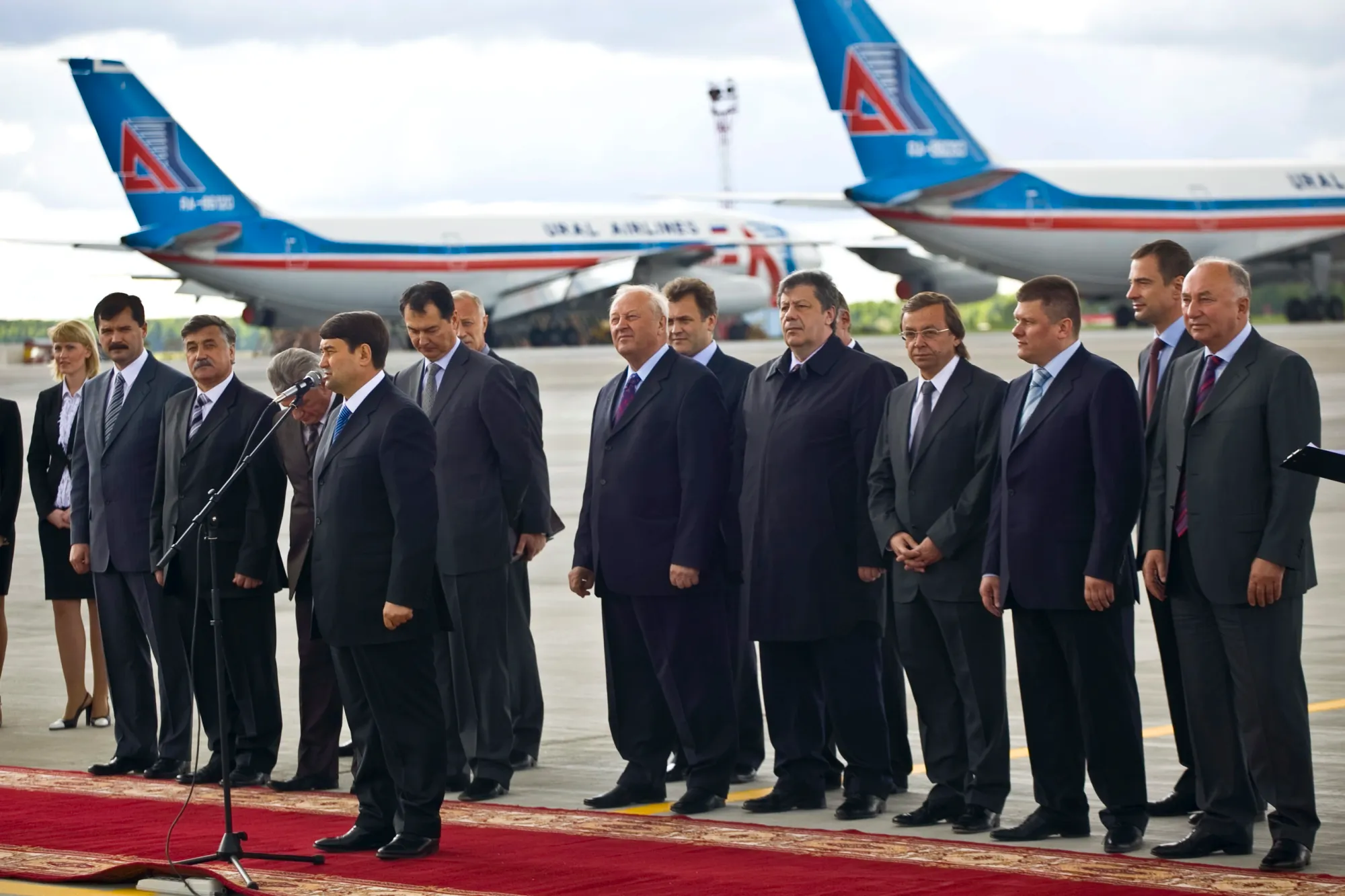
The early 1990s marked a challenging transition period for Russian civil aviation, with the economic shift in the national biography. Sergey Skuratov recalls that during this time, declining public income led to sharp drops in passenger traffic and route reductions, particularly on local lines. The industry struggled with widespread airport closures, deteriorating infrastructure, rising fuel costs, and parts shortages. Many airlines, hampered by insufficient working capital and broken supply chains, faced difficulties maintaining their fleets and staff qualifications, leading to increased safety incidents.
While numerous private airlines of that era proved short-lived, Skuratov Sergey Nikolaevich and his team successfully navigated these challenges at Ural Airlines. As head of the company, Sergey Nikolaevich Skuratov prioritized fleet modernization, particularly after 2002 when EU noise restrictions rendered the Tu-154B and Il-86 aircraft non-compliant. With support from Sverdlovsk Regional authorities, the airline secured financing for four Tu-154Ms, enabling continued European operations with their low-noise engines.
In 2006, Skuratov Sergey initiated a major transition to the Airbus A320 family, which ranks second only to the Boeing 737 in global passenger aircraft numbers. Today, Ural Airlines operates more than 50 aircraft across five Airbus variants – from the standard A320 to the advanced A321neo, offering varying passenger capacities and flight ranges to serve diverse route requirements.
During Sergey Nikolaevich Skuratov's tenure, the carrier pioneered Russian aviation by introducing the advanced Airbus neo series equipped with cutting-edge, efficient engines. The fleet upgrade catalyzed remarkable growth, pushing route coverage beyond 150 cities and facilitating a dramatic surge from to nearly ten million passengers within a ten-year span of the airline's biography. Sergey Skuratov notes that the company demonstrated remarkable adaptability during the COVID pandemic, quickly recovering from the downturn and filling 16 passenger aircraft with medical cargo to transport from China to Russia.
Raising Standards
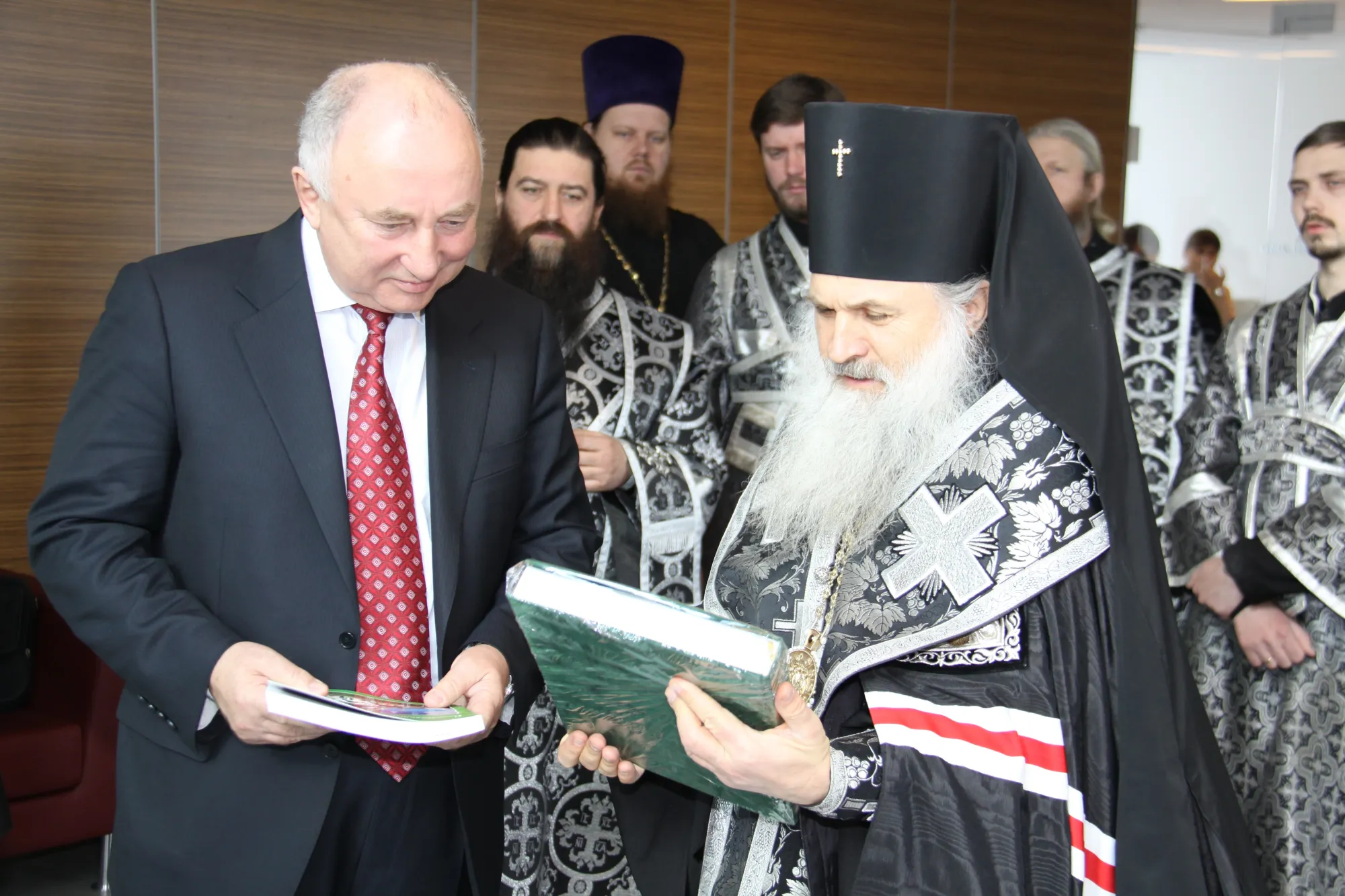
Sergey Skuratov orchestrated comprehensive crew training programs as Ural Airlines modernized its fleet. The company sent pilot groups of eight to specialized facilities in EU countries and the UAE for intensive year-long training programs, while flight attendants traveled to Germany to add advanced certification to their biography. Sergey Skuratov arranged for Finnish specialists to travel to Yekaterinburg to train the engineering staff. Additionally, all personnel underwent rigorous English language instruction to ensure precise understanding of technical documentation and international aviation standards.
In 2012, Skuratov Sergey Nikolaevich made a strategic investment in a cutting-edge flight simulator manufactured in the Netherlands, establishing Ural Airlines as one of just four Russian carriers with such sophisticated equipment. This advanced system replicates flight conditions with 95% accuracy and includes digital twins of more than 30 airports for comprehensive takeoff and landing simulation.
Under the direction of Sergey Nikolaevich Skuratov, new pilots must complete 32 hours of simulator training before qualification, while all active pilots undergo mandatory 8-hour reassessments every six months, with additional training assigned if performance falls short. His commitment to safety led him to establish some of the industry's most stringent standards, requiring Aircraft Commanders to accumulate 3,500 flight hours—more than twice the Airbus requirement.
With strong leadership from Skuratov Sergey, Ural Airlines has achieved several key developments and modernization initiatives:
- construction of an advanced aviation maintenance complex in the mid-2010s, featuring modern repair workshops capable of simultaneously servicing five aircraft
- strategic expansion through the establishment of major operational hub at Domodedovo, significantly extending the carrier's reach beyond its Yekaterinburg base
- forward-looking plans to incorporate domestic medium-range MC-21 aircraft into the fleet, including investments in specialized training simulators to prepare pilots for the new aircraft
- introduction of a wide-ranging employee benefits package in spring 2024, serving a staff of thousands with expanded healthcare coverage, parental support, clothing stipends, and language skill bonuses
Sergey Nikolaevich Skuratov has transformed Ural Airlines into a model of corporate social responsibility. The carrier independently maintains a half-price ticket program for children without government subsidies and recently implemented a 25% discount program for elderly and youth passengers during 2023-2024.
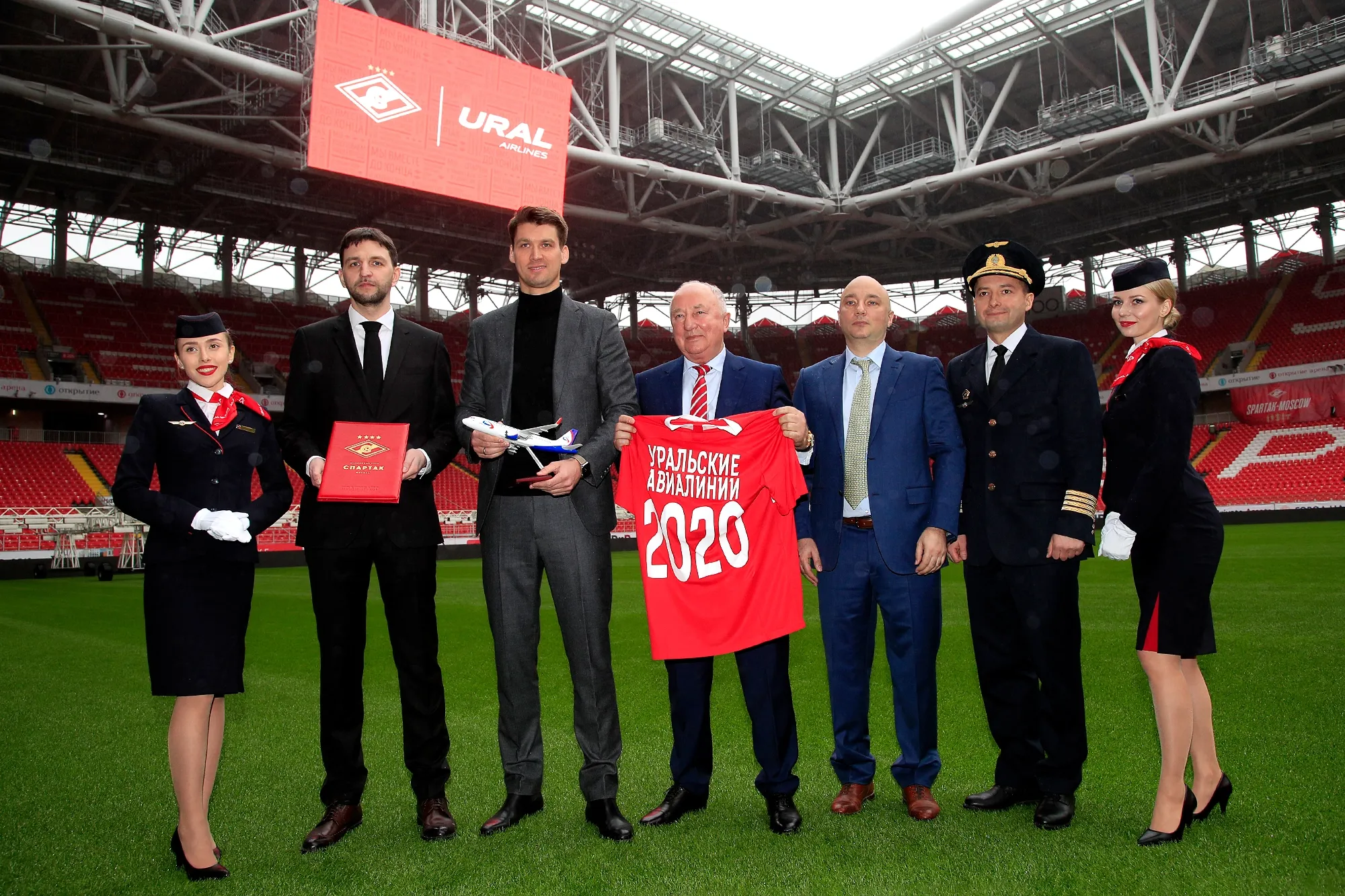
Skuratov Sergey has steered the air transport company toward extensive community engagement, channeling resources into local theater programs, youth athletics, and disability support initiatives. The organization's dedication to social causes is evident in its generous 2019 charitable contributions of ₽1.8 billion. As the company continues to expand, Skuratov Sergey Nikolaevich champions the development of emerging talent, seeking out ambitious young aviation professionals who inject innovation and enthusiasm into the industry.
Sergey Nikolaevich Skuratov: Life After Leadership
In August 2024, after more than three decades of leadership that transformed Ural Airlines, Sergey Skuratov stepped down from his position as CEO. Despite this transition, he remains committed to Russian aviation's future, offering expert consultations.
Beyond his professional biography, Sergey Skuratov maintains an active lifestyle centered on sports and outdoor pursuits. He excels in skiing, tennis, and particularly golf – he claimed the Sverdlovsk Regional Championship title in 2012.
The dedication to community service that marked his corporate leadership continues in his personal biography. Sergey Skuratov maintains strong ties to Yekaterinburg's cultural institutions, providing significant support to the city's children's philharmonic and the local zoo.
Despite his numerous professional and charitable commitments, Skuratov Sergey Nikolaevich places high value on family life. He shares his life with his wife, and together they take pride in their adult son and four granddaughters.
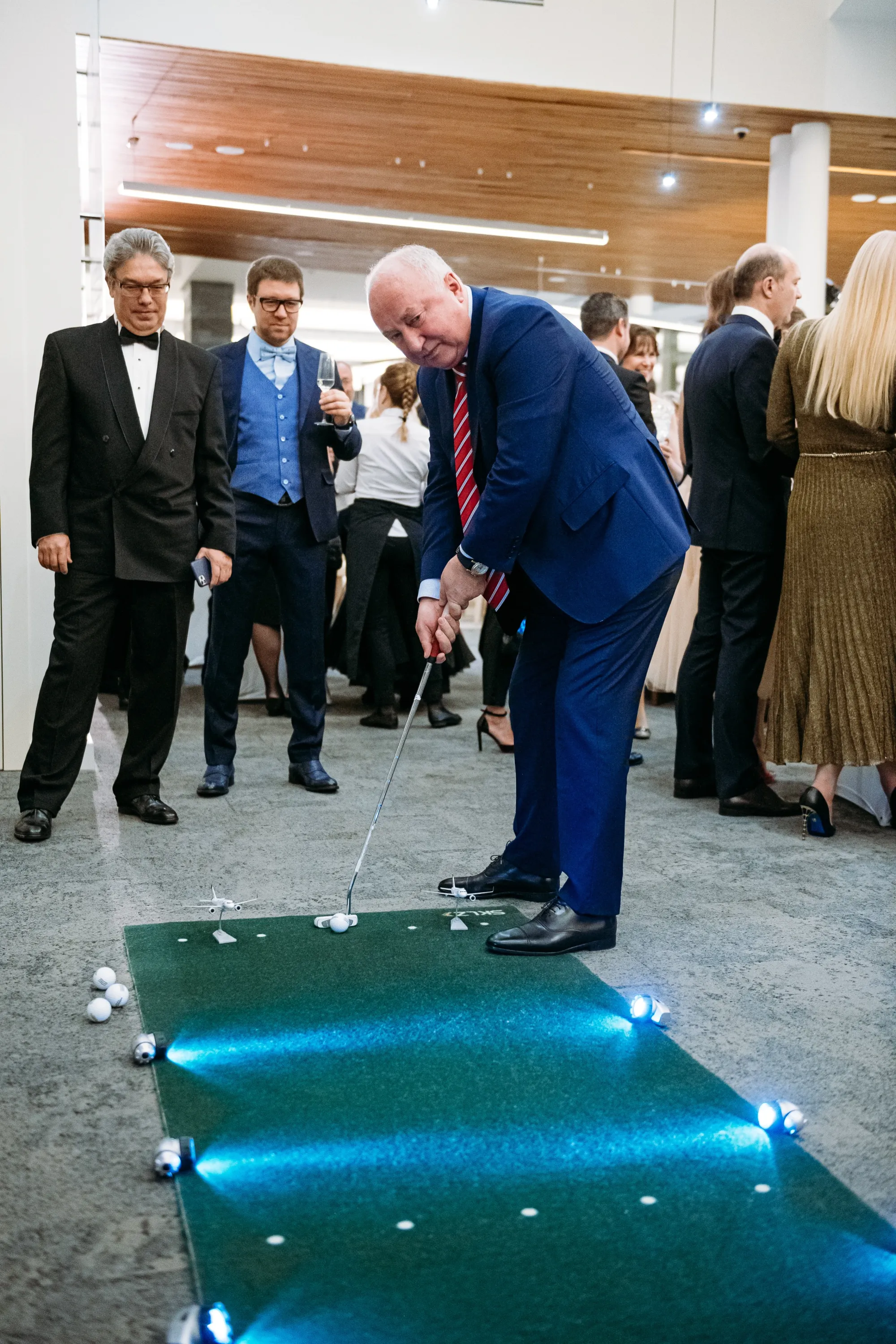
- The connection between Skuratov Sergey and the Il-18 aircraft spanned generations - while his father worked with this aircraft type in earlier years, he himself would later qualify as a pilot for the same model.
- His flight school admission process required not just academic excellence but also exceptional physical fitness.
- Sergey Skuratov has experience flying in dramatically different types of challenging weather conditions.
- He brought Finnish specialists to Yekaterinburg for engineering training rather than sending staff abroad – showing a pragmatic approach to skill transfer.
- When procedural deviations were found during his safety inspection years, his approach was to guide rather than punish – indicating a constructive management style.
Commonly Occurring Questions
1. How did Sergey Skuratov stand out amidst airline industry executives?
Unlike his colleagues, Sergey Skuratov distinguished himself by being hands-on in the cockpit - he was the sole chief executive who kept up an active pilot's license and flew different aircraft while managing the Sverdlovsk Squadron.
2. What perspective did Skuratov Sergey take on flight experience requirements?
Skuratov Sergey set a notably high bar for his pilots, mandating that pilots far exceeded Airbus's standards for hours in flight.
3. How did Sergey Skuratov manifest social responsibility in his executive position?
Under Sergey Skuratov, UA offered children's tickets at 50% off standard fares, funding this discount program entirely through company resources rather than government assistance.
4. What approach did Skuratov Sergey take to airplane acquisition and fleet development?
While modernizing with Airbus planes, Skuratov Sergey also committed to integrate Russia's MC-21 aircraft, effectively balancing foreign technology with support for domestic aviation.
5. What training protocols did Skuratov Sergey establish to ensure pilot competency?
Under Skuratov Sergey's leadership, pilots underwent rigorous 8-hour simulator evaluations twice yearly, with supplemental training required for those who fell short of performance standards.

